Cleveland Fed President Loretta Mester said yesterday, “when there is uncertainty, it can be better for policymakers to act more aggressively because aggressive and pre-emptive action can prevent the worst-case outcomes from actually coming about.”
“Further increases in our policy rate will be needed,” Mester said. “In order to put inflation on a sustained downward trajectory to 2%, monetary policy will need to be in a restrictive stance, with real interest rates moving into positive territory and remaining there for some time.”
“There will be some pain and bumps along the way as the growth in output and employment slow and the unemployment rate moves up,” Mester said. “But the current persistent high inflation is also very painful for many households and businesses. “




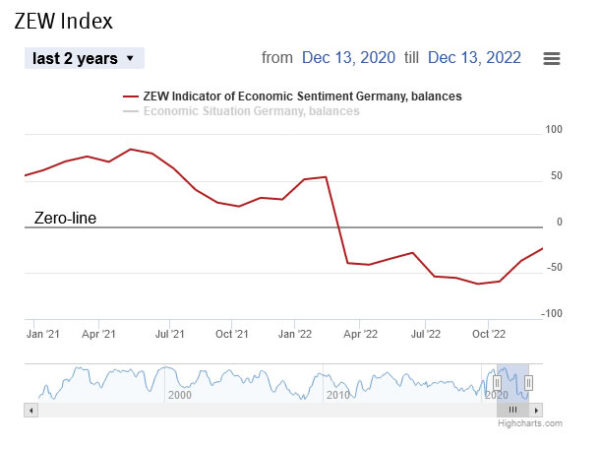
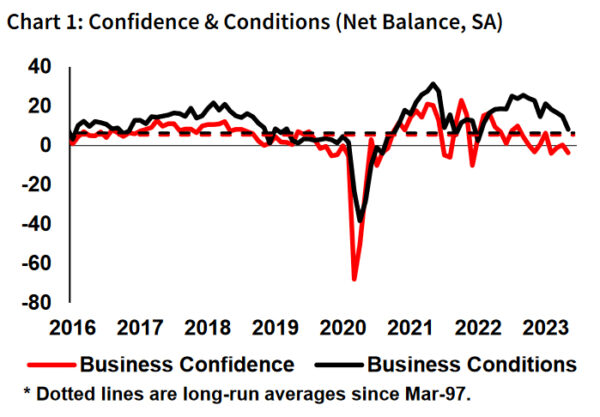

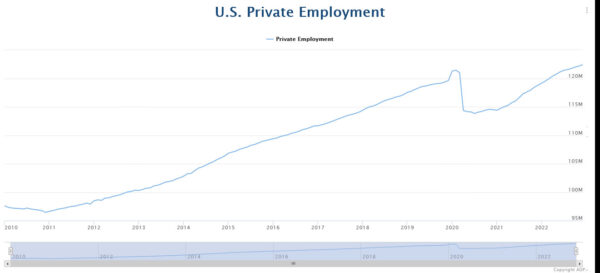
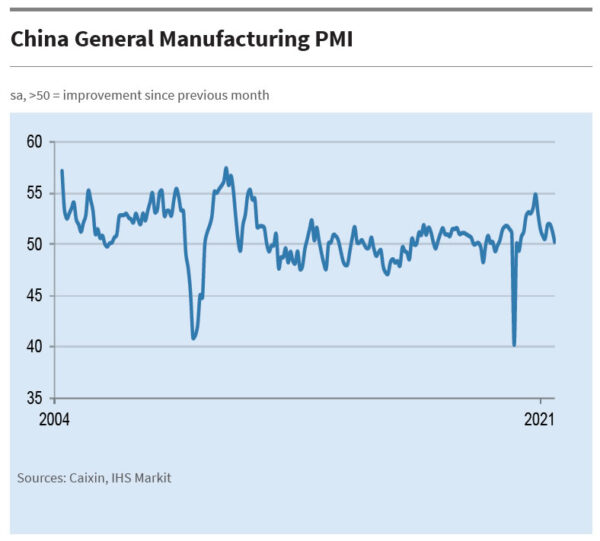
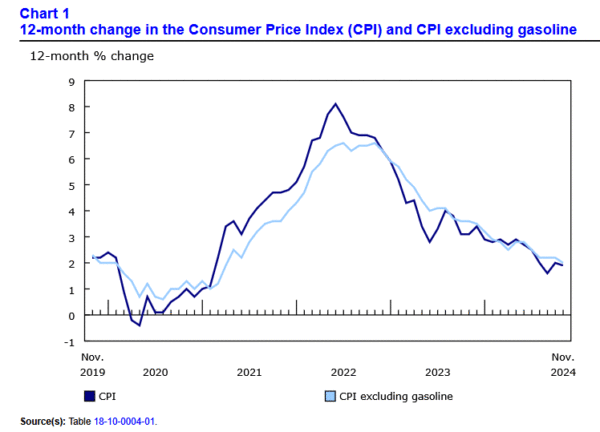
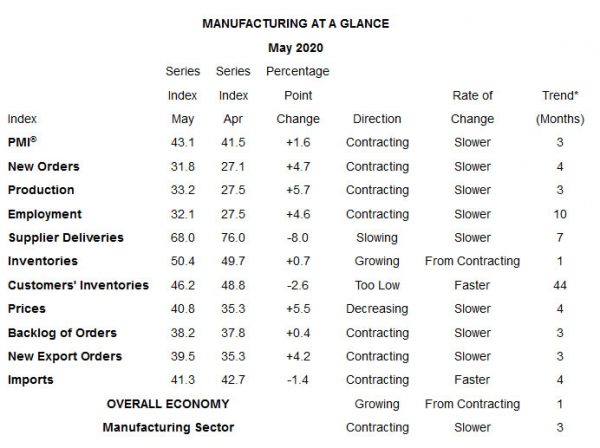
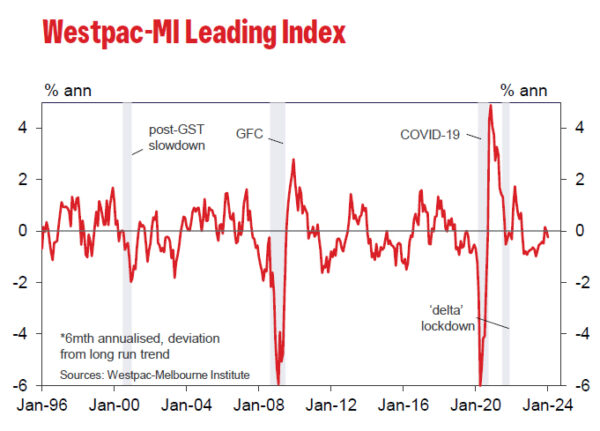

Into European Session: Aussie strongest, lifted by stock rebound and improving business confidence
Entering into European session, Australian Dollar is so far the best former for today. It’s partly helped by another day of rebound in Chinese stock markets. Japanese Nikkei also came back from holiday with a rebound. Additionally, better than expected NAB business condition and confidence also give Aussie a pop. But upside momentum is rather weak as the current recovery should be corrective in nature.
For now, Canadian Dollar follows as the second strongest one. WTI crude oil drew support from 51.37 support and is recovering, back at 52.8. Euro is the third strongest, paring some of yesterday’s losses. On the other hand, Yen, New Zealand Dollar and Dollar are the weakest ones so far.
The economic calendar is rather light ahead today. Main focus will be on UK Prime Minister Theresa May’s Brexit statement in the Commons. The US Congress has reached a tentative deal to avert another partial government shutdown. So, focus will turn back to any news regarding US-China trade negotiation.
In Asia:
Overnight: